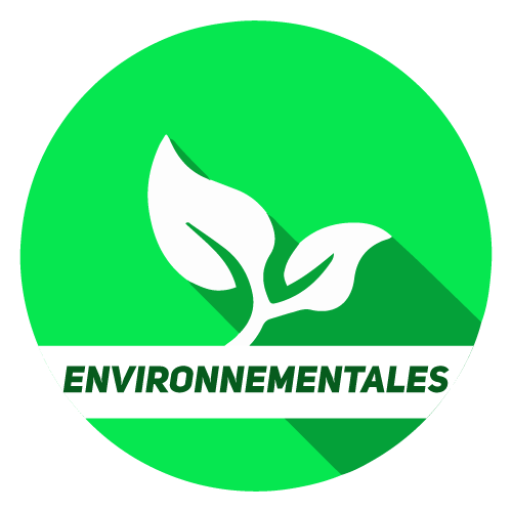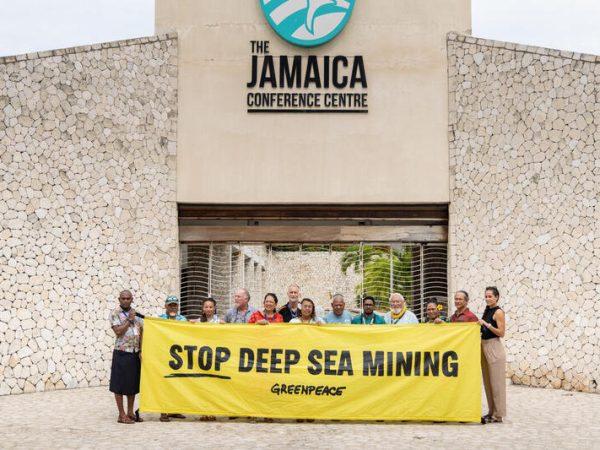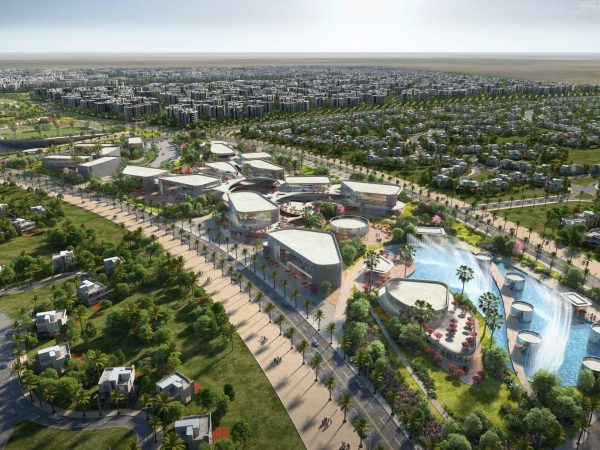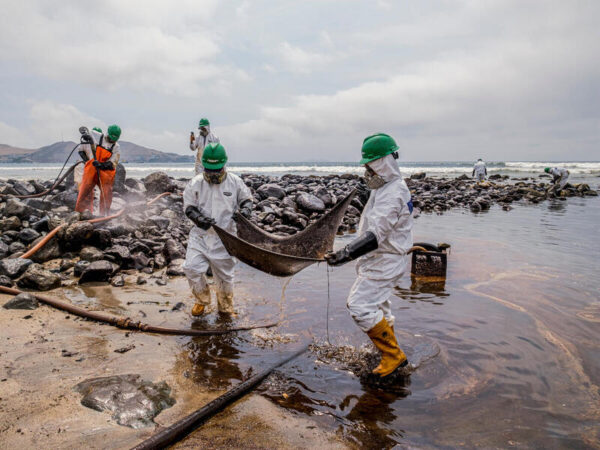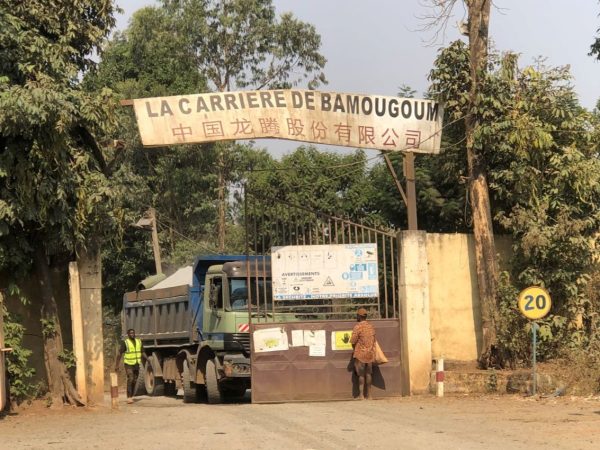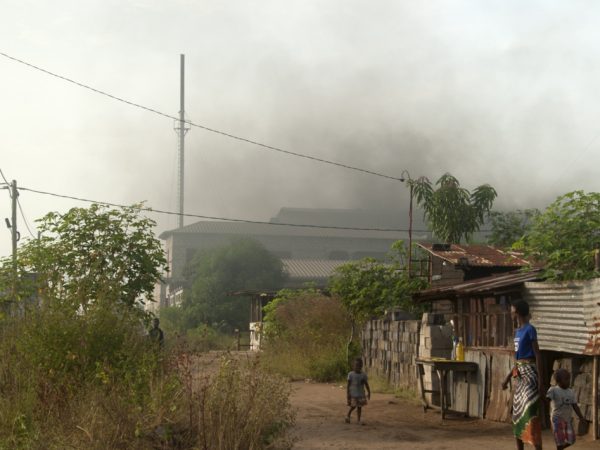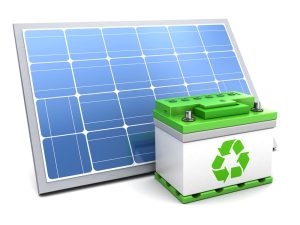La gestion des déchets électroniques et dangereux se discute à une conférence internationale à Génève
La dix-septième réunion de la conférence des parties à la convention de Bâle (BC COP-17), la douzième réunion de la conférence des parties à la convention de Rotterdam (RC COP-12)
